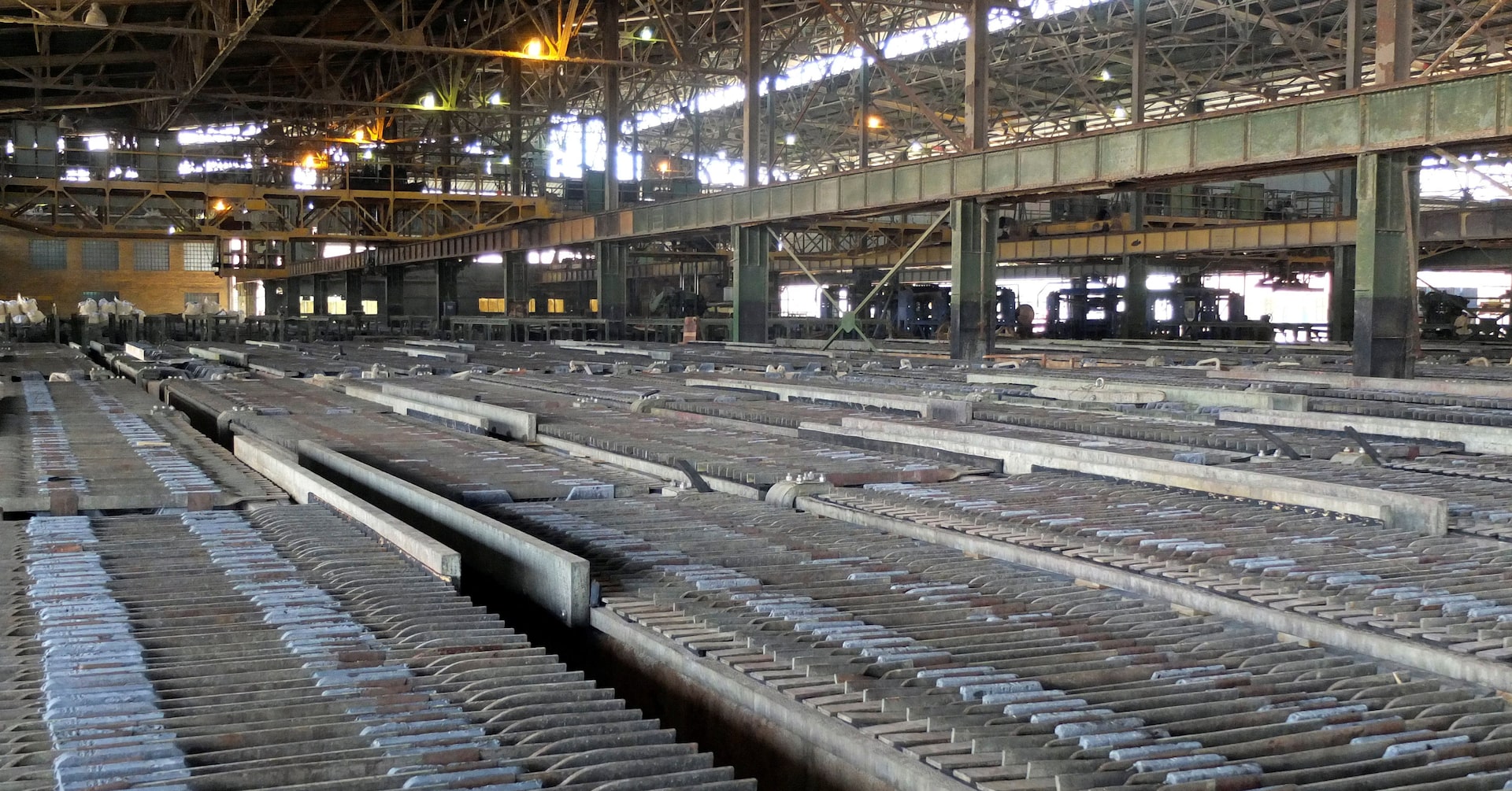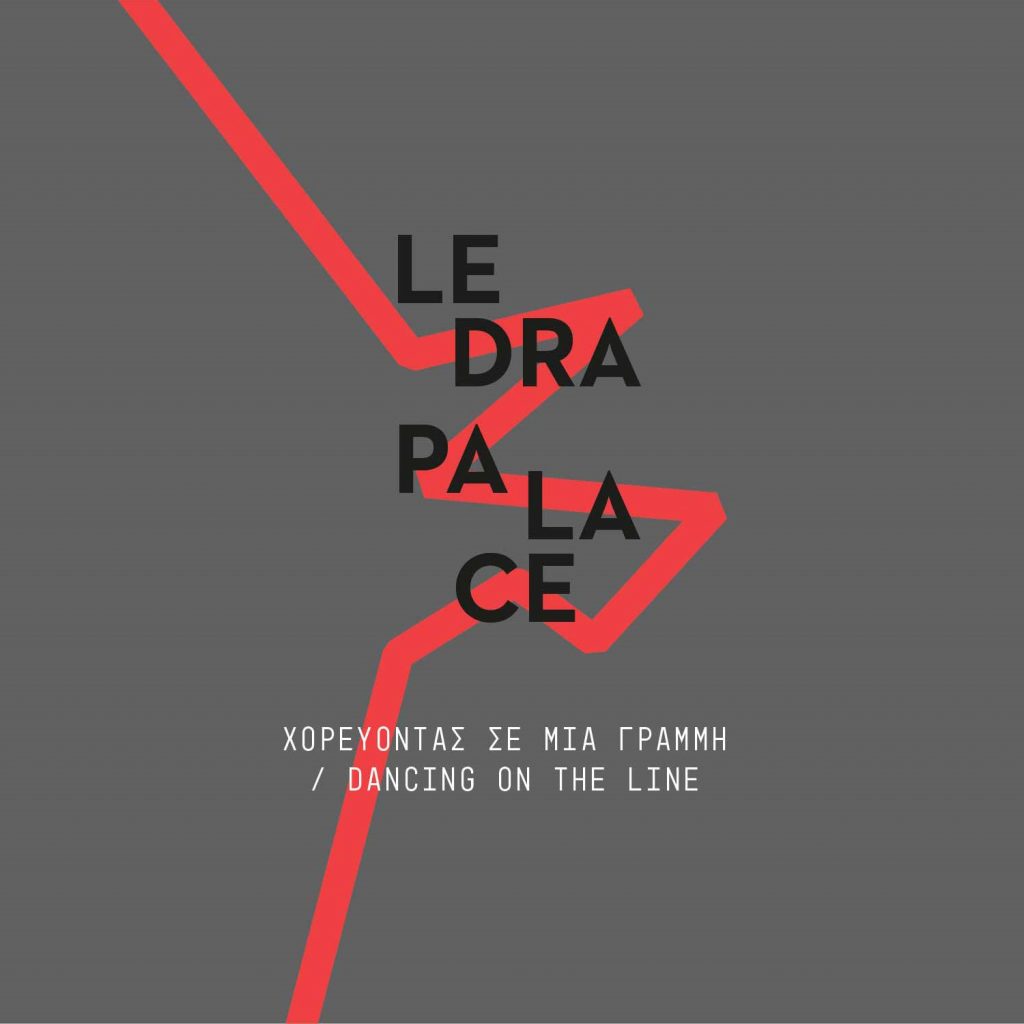Understanding The Impact Of Congo's Cobalt Export Ban And The Anticipated Quota

Table of Contents
The Current State of Cobalt Mining in the DRC and its Global Significance
The DRC is the undisputed giant in global cobalt production, accounting for over 70% of the world's supply. This dominance makes the country a pivotal player in the global economy, particularly within industries heavily reliant on cobalt. Cobalt is an essential component in lithium-ion batteries powering EVs, smartphones, laptops, and other consumer electronics. The demand for cobalt is projected to skyrocket in the coming years, driven primarily by the burgeoning EV market and the increasing digitalization of our world.
However, the DRC's cobalt mining industry is not without its significant challenges. Ethical concerns, including child labor and unsafe working conditions, cast a long shadow over the sector. Environmental degradation caused by unregulated mining practices also poses a serious threat to the region's fragile ecosystem.
- Percentage of global cobalt supply from the DRC: Over 70%
- Key cobalt-consuming industries: Electric vehicle batteries, consumer electronics, aerospace, and specialized alloys.
- Environmental and social challenges associated with Congolese cobalt mining: Deforestation, water pollution, child labor, and unsafe working conditions.
Analyzing the Potential Impact of a Complete Cobalt Export Ban from the DRC
A complete cobalt export ban from the DRC would trigger a cascade of immediate and severe consequences. The most immediate impact would be a significant global cobalt shortage, leading to price spikes that could ripple through various industries. EV manufacturers would face production delays, potentially impacting the global transition to electric mobility. The electronics industry would also experience disruptions, leading to higher prices for consumers and potential supply chain bottlenecks.
Beyond the economic ramifications, a ban could create significant geopolitical instability. The DRC's position as the dominant cobalt supplier could exacerbate existing tensions and lead to trade disputes between nations vying for access to this crucial resource. Alternative cobalt sources, such as Australia, Canada, and Zambia, exist, but their combined capacity is far from sufficient to meet global demand, creating a highly competitive landscape.
- Impact on EV production timelines: Significant delays and potential production halts.
- Potential price increases for consumers: Higher prices for EVs, smartphones, and other consumer electronics.
- Geopolitical implications of the ban: Increased competition for alternative cobalt sources and potential trade conflicts.
Understanding the Implications of an Anticipated Cobalt Quota System in the DRC
A cobalt quota system, while less drastic than a complete ban, presents its own set of complexities. A quota system would limit the amount of cobalt that can be exported from the DRC, aiming to regulate the market and potentially improve the sustainability of the mining sector. This approach offers several potential benefits, such as increased government revenue for the DRC, the potential for improved mining practices, and enhanced transparency and traceability within the supply chain.
However, a quota system also presents significant challenges. Effective enforcement is crucial to prevent corruption and ensure that the quota system achieves its intended goals. A poorly designed or poorly implemented quota system could exacerbate existing inequalities and fail to address the underlying ethical concerns associated with cobalt mining in the DRC. The allocation of quotas, especially in a system prone to corruption, could disproportionately benefit large mining companies at the expense of smaller artisanal miners.
- Potential quota levels and their impact on global supply: The level of the quota would directly influence the severity of the global supply shortage.
- Mechanisms for quota allocation and enforcement: Transparency and accountability are critical to prevent corruption and ensure fair distribution.
- Economic and social consequences of a quota system: Potential for both positive and negative economic and social impacts depending on the design and implementation.
The Role of International Organizations and Governments in Addressing the Cobalt Crisis
International organizations like the OECD and the EU play a crucial role in promoting responsible sourcing of cobalt. Initiatives aimed at improving traceability, promoting fair labor practices, and fostering environmentally sustainable mining methods are vital. Governments, both in the DRC and in cobalt-consuming countries, have a responsibility to regulate cobalt mining and trade effectively, ensuring that human rights and environmental protection are prioritized. Strengthening governance structures in the DRC and promoting collaboration between stakeholders are crucial steps in tackling the ethical challenges of Congolese cobalt mining.
Navigating the Uncertain Future of Congo's Cobalt Exports
Congo's cobalt export ban, or a tightly regulated quota system, presents significant challenges to the global economy and raises serious ethical questions. The DRC's dominant position in cobalt production underscores the need for responsible and sustainable mining practices. A collaborative effort involving international organizations, governments, and the private sector is crucial to ensure a stable and ethical cobalt supply chain. The future of the EV revolution and the broader electronics industry hinges on finding solutions that address both economic needs and ethical concerns. Stay informed about developments concerning Congo's cobalt export ban and support initiatives promoting responsible and sustainable cobalt sourcing, including researching "responsible cobalt mining," "DRC cobalt regulations," and "sustainable cobalt supply chain." The future of this critical mineral demands our collective attention.

Featured Posts
-
 Dodgers Top Minor League Prospects Phillips Linan And Quintero
May 15, 2025
Dodgers Top Minor League Prospects Phillips Linan And Quintero
May 15, 2025 -
 Will The Padres Dominate The Cubs 2025 Home Opener
May 15, 2025
Will The Padres Dominate The Cubs 2025 Home Opener
May 15, 2025 -
 Ledra Palace Ta Dijital Isguecue Piyasasi Rehberi Tanitimi
May 15, 2025
Ledra Palace Ta Dijital Isguecue Piyasasi Rehberi Tanitimi
May 15, 2025 -
 The Ultimate Guide To Creatine Benefits Risks And Dosage
May 15, 2025
The Ultimate Guide To Creatine Benefits Risks And Dosage
May 15, 2025 -
 Where To Watch Celtics Vs Magic Game 1 Nba Playoffs Live Stream And Tv Broadcast Details
May 15, 2025
Where To Watch Celtics Vs Magic Game 1 Nba Playoffs Live Stream And Tv Broadcast Details
May 15, 2025
